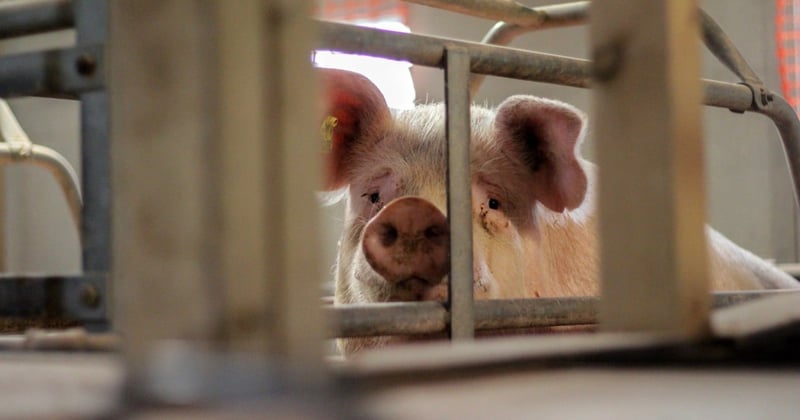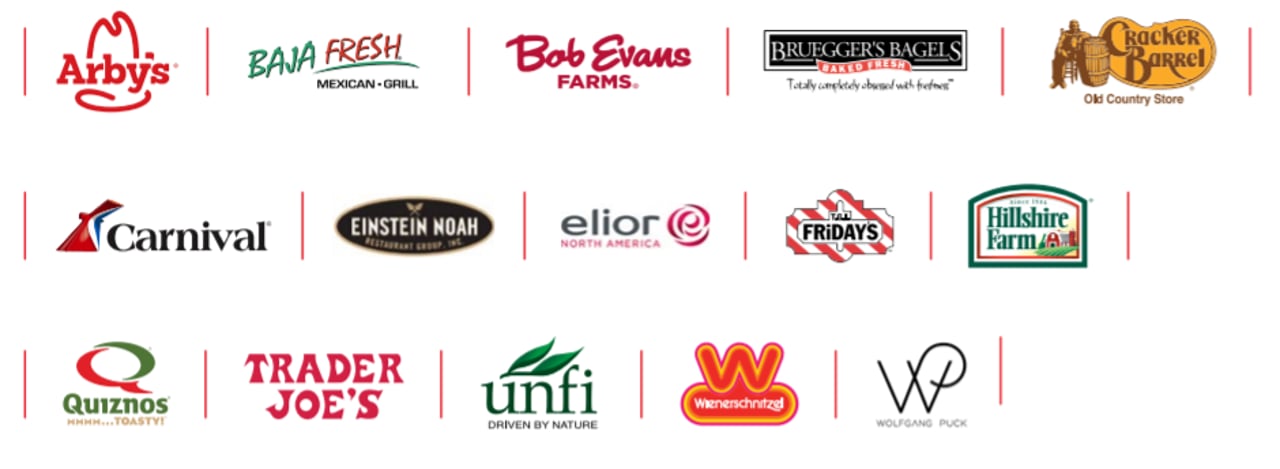
World Animal Protection’s latest Quit Stalling report highlights the lack of progress among companies that committed to eliminate gestation crates despite looming deadlines.
The second Quit Stalling report shows that most companies have failed to make or report any progress towards meeting their long-standing commitments to eliminate gestation crates from their pork supply chains. Gestation crates are metal pens just slightly larger than the mother pigs confined within them, providing just enough space to stand and take a few steps forward or backward, but not enough to turn around or lay down comfortably.
A few companies, though, continued to advance their sow welfare goals amid significant challenges posed by both the global pandemic and resistance by large pork producers to invest in animal welfare.
The highlights:
- Burger King issued a new in-depth policy this year, which includes stronger language clearly prohibiting the use of gestation crates during breeding and gestation, working to close a loophole that has been exploited by the industry.
- Bon Appetit Management Company work closely with a large pork supplier to shift to systems that never use gestation crates, starting with the company’s California and Massachusetts business by the end of this year before rolling out nationwide.
The lowlights:
- Several companies went down in ranking this year, largely for one of two reasons.
- Jack in the Box moved to the second lowest tier due to revisions to the company’s animal welfare policy that significantly weaken its commitment to fully eliminating gestation crates.
- McDonald’s also moved to the second lowest tier due to this year’s report placing stronger weighting on meaningful commitment language. The company’s long-standing policy only applies to pigs during pregnancy, which can mean pigs being confined to crates for as long as 6 weeks for breeding until they are determined to be pregnant.
Overall, 67%—or 2 out of 3—companies fell into the bottom two tiers.
Twenty-four companies land in the second-lowest tier, having a public statement on sow housing is too weak or too vague.
Fifteen companies land in the bottom tier. All of these companies were previously celebrated for making commitments to end the use of gestation crates in their pork supply chains, but we were unable to find these policies in recent sourcing, responsibility, or media materials.
These companies are capitalizing on the goodwill from their public announcements to protect pigs but are clearly not devoting any resources to making good on their promises. This ‘humane-washing’ misleads customers and poses significant reputational risks to the companies and their investors.
Act now! Tell these 15 companies to recommit to their past pig welfare promises.
Their inaction must not be tolerated.
